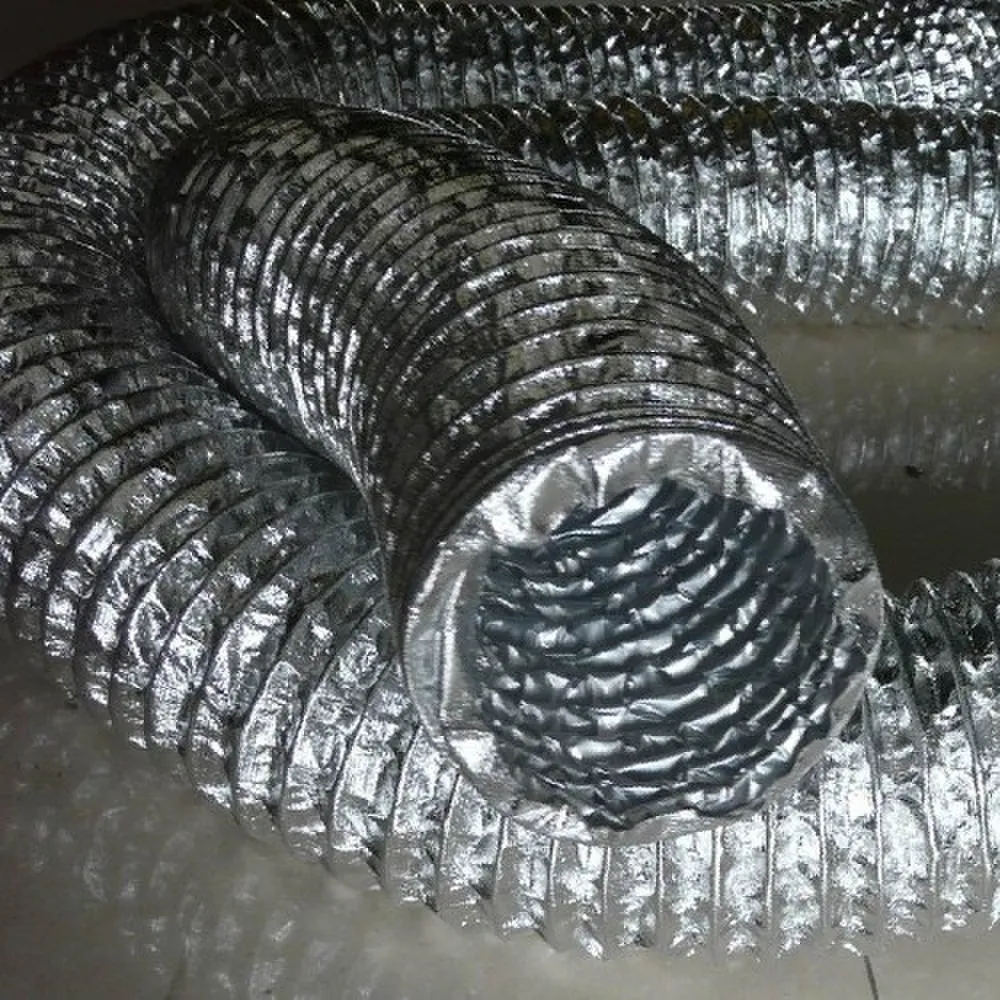Flexible Corrugated PVC Tubing for Versatile Applications in Industrial and Home Use
The Versatility of Corrugated PVC Tubing
Corrugated PVC tubing has become a fundamental material in various industries due to its unique combination of properties that make it both versatile and effective. This article delves into the characteristics, applications, and benefits of corrugated PVC tubing, illustrating why it is a preferred choice for many professionals.
What is Corrugated PVC Tubing?
Corrugated PVC (Polyvinyl Chloride) tubing is a type of plastic tubing that features a wavy, ribbed surface. This design not only enhances flexibility but also provides added strength and resistance to collapsing under pressure. The manufacturing process involves extruding PVC material and then forming it into a corrugated shape, resulting in a lightweight yet durable product.
Key Properties
1. Flexibility and Durability One of the most significant advantages of corrugated PVC tubing is its flexibility. This allows it to bend around corners and fit into tight spaces without cracking or breaking. Additionally, it possesses excellent durability, resisting impacts and abrasions.
2. Chemical Resistance Corrugated PVC tubing is resistant to a wide range of chemicals, making it suitable for industries such as agriculture, pharmaceuticals, and automotive. It can effectively handle various liquids and gases, ensuring safe transport and containment.
3. Weather Resistance This material is also designed to withstand harsh environmental conditions, including UV exposure and temperature fluctuations. This resilience makes it suitable for both indoor and outdoor applications.
4. Lightweight Its lightweight nature reduces shipping costs and makes installation easier compared to heavier alternatives. This is particularly advantageous in construction and plumbing applications where quick and efficient installation is crucial.
Applications
corrugated pvc tubing

Corrugated PVC tubing is used across numerous sectors, including
- Agriculture Farmers utilize corrugated PVC tubing for irrigation systems and drainage solutions. Its ability to withstand moisture and chemicals makes it ideal for transporting water and fertilizers.
- Construction In the construction industry, this tubing is employed for electrical conduit and HVAC systems. The flexibility allows for easy routing around structural obstacles, ensuring efficient installation.
- Automotive In the automotive field, corrugated PVC tubing is often used for protective coverings for wiring harnesses and fluid systems, safeguarding critical components from environmental damage.
- Telecommunications The telecommunications industry utilizes corrugated PVC tubing for organizing and protecting cables, helping maintain a tidy and functional workspace.
Benefits
The benefits of corrugated PVC tubing extend beyond its physical properties. It is generally cost-effective and available in various sizes and lengths, catering to diverse needs. Additionally, the lightweight nature of the tubing helps reduce the overall cost of transportation and installation, proving economical for both small and large projects.
Another key aspect is its ease of maintenance. Corrugated PVC tubing does not require special tools for installation, and it can often be cleaned easily, ensuring longevity and reliability in various applications.
Conclusion
In summary, corrugated PVC tubing stands out as a highly adaptable material that offers significant advantages across multiple industries. Its flexibility, durability, and resistance to chemicals and environmental conditions make it an excellent choice for diverse applications. As industries continue to seek reliable and cost-effective solutions, the demand for corrugated PVC tubing is likely to grow, solidifying its place as an essential component in modern manufacturing and infrastructure. Whether you are planning an agricultural project, constructing a new building, or developing automotive applications, corrugated PVC tubing deserves consideration for its remarkable features and benefits.
-
Top Quality Oxy Acetylene Hoses for Sale Fit for Welding DemandsNewsJul.28,2025
-
The Future of Pneumatic Air Tubes in IndustryNewsJul.28,2025
-
Superior and Reliable LPG Hose Pipe Solutions for Every NeedNewsJul.28,2025
-
Exceptionally Durable and Versatile Premium Braided PVC TubingNewsJul.28,2025
-
Best Adapters for Connecting Garden Hose to PVC Pipe ConnectionsNewsJul.28,2025
-
The Essential Role of LPG Hoses in Safe and Efficient Gas DistributionNewsJul.16,2025














